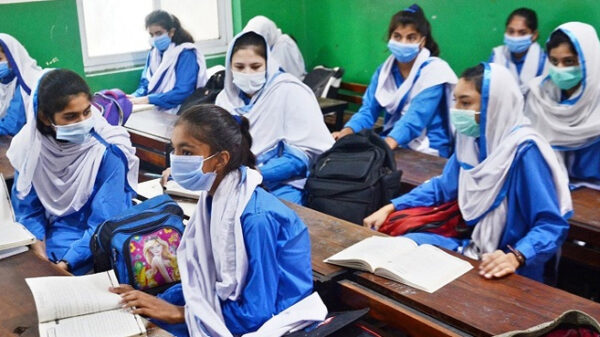ISLAMABAD: Pakistan has finalized the terms for a $1 billion loan with two Middle Eastern banks at an interest rate of 6%-7%, Finance Minister Muhammad Aurangzeb told Reuters on Tuesday. This move comes as the country seeks additional financing.
“We have signed the term sheet with two institutions — one for bilateral financing and the other for trade finance,” Aurangzeb stated on the sidelines of the World Economic Forum (WEF) Annual Meeting in Davos. He noted that the loans are short-term, with a maturity of up to one year.
Aurangzeb is attending the WEF Annual Meeting in Davos from January 20 to 25. At this meeting, global leaders will address pressing challenges, including geopolitical shocks, foster economic growth, and ensure an equitable energy transition.
The loan agreement is part of Pakistan’s broader strategy to strengthen its financial position. This follows a $7 billion International Monetary Fund (IMF) bailout secured in September 2024, with the first review of the Extended Fund Facility (EFF) scheduled for late February 2025.
“We expect to be in a good position for the EFF review in February,” Aurangzeb remarked. The IMF’s EFF program offers financial support to countries grappling with medium-term balance of payments issues due to structural economic challenges.
Aurangzeb Invites Global Investment
In a separate article published for the WEF Annual Meeting, Aurangzeb called on global investors to support Pakistan’s economic development by investing in priority sectors such as agriculture, Information Technology (IT), renewable energy, and pharmaceuticals.
He highlighted Pakistan’s economic transformation and emphasized the government’s efforts to stabilize the economy and foster inclusive growth. “Despite facing significant challenges, we implemented bold reforms to lay a solid foundation for sustainable development. The results are now becoming evident, with the economy showing resilience and potential,” he stated.
Reflecting on Pakistan’s economic situation when he took office in 2024, Aurangzeb described severe fiscal and monetary pressures, with inflation surging to 38%, foreign exchange reserves covering barely two weeks of essential imports, and industrial output contracting by 10.3%. GDP growth had also fallen sharply to 0.2%.
These reforms and financing efforts are part of Pakistan’s broader strategy to revitalize the economy and attract foreign investment amid challenging economic conditions.










